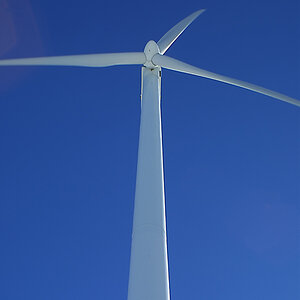CaboSailor
TPF Noob!
- Joined
- Jun 7, 2009
- Messages
- 13
- Reaction score
- 0
- Location
- New Port Richey Fl
- Can others edit my Photos
- Photos OK to edit
Tomorrow I should be receiving my 14.6 mp DSLR and am contemplating how and where to store images. I see where I can get 500gb portable hard drives for my laptop but I was wondering if some folks use the flash memory sticks.
I will be living on our sailboat so I need to consider space and environmental factors. Most of the photos will probably be stored as jpeg since I will only be using them for reference shots for drawings and paintings. The actual proportion of jpeg to raw will work themselves out as I get used to the gadget. I'm coming from a background of more than 40yrs with film. :gah:
Thanks,
Rich
I will be living on our sailboat so I need to consider space and environmental factors. Most of the photos will probably be stored as jpeg since I will only be using them for reference shots for drawings and paintings. The actual proportion of jpeg to raw will work themselves out as I get used to the gadget. I'm coming from a background of more than 40yrs with film. :gah:
Thanks,
Rich


 )
)![[No title]](/data/xfmg/thumbnail/34/34073-71bff52a53b8313ff2bcccab6b05f9b8.jpg?1619736266)




![[No title]](/data/xfmg/thumbnail/34/34075-a2fb0d7352396e58920e196958f6d006.jpg?1619736267)



![[No title]](/data/xfmg/thumbnail/34/34071-9d82cc63ea930e951f24480c250e35d1.jpg?1619736266)

